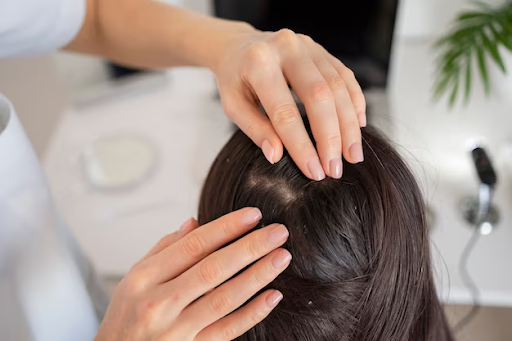When a patient is taking two or more drugs, interactions between the drugs and between food and drugs may also be exhibited. Drug interactions can result in additive effectiveness, negative effects, no effects, and sometimes even serious and harmful side effects.
To avoid potential harmful combinations, follow these below:
Inform your healthcare provider when starting a new therapy. Your healthcare provider must be informed of your past medical history, including prescription drugs, herbal drugs, health supplements, and over-the-counter medicines. This information should be provided before initiating treatment.
Ask questions to your healthcare provider. When a new drug is prescribed by a physician, discuss the medication and ask any questions about the drug and the dietary restrictions that need to be followed.
Maintain a medication list. It is necessary to have a medication list always available because providing your medication history to a new healthcare provider is crucial when starting a new treatment.
Use the same pharmacy consistently. This helps maintain a record of the drugs you have taken and fosters a closer relationship with the pharmacist, facilitating open communication.
Educate yourself by reading patient leaflets and drug labels. Anyone taking medicines or supplements should have knowledge about them. Health literacy helps you make confident decisions about your treatment.
Monitor the side effects of the medicines. Some interactions may not be immediately visible, so any changes noted in your body should be reported to your healthcare provider.
Avoid alcohol and grapefruit because many drugs interact with them, resulting in food-drug interactions.
Follow dosage instructions strictly. Adhering to the prescribed dose and administration schedule is essential; doubling the dose or improper medication intake can lead to other health impacts.
Seek immediate help for any adverse reactions, such as chest pain or breathing difficulties. Allergic reactions should prompt an immediate consultation with healthcare providers.
These can help limit interactions. Drug interactions are commonly found in poly pharmacy patients, meaning those who are taking four or more medicines. Whenever you consider adding anything to your healthcare regimen, including health supplements, discuss it with your healthcare provider.


